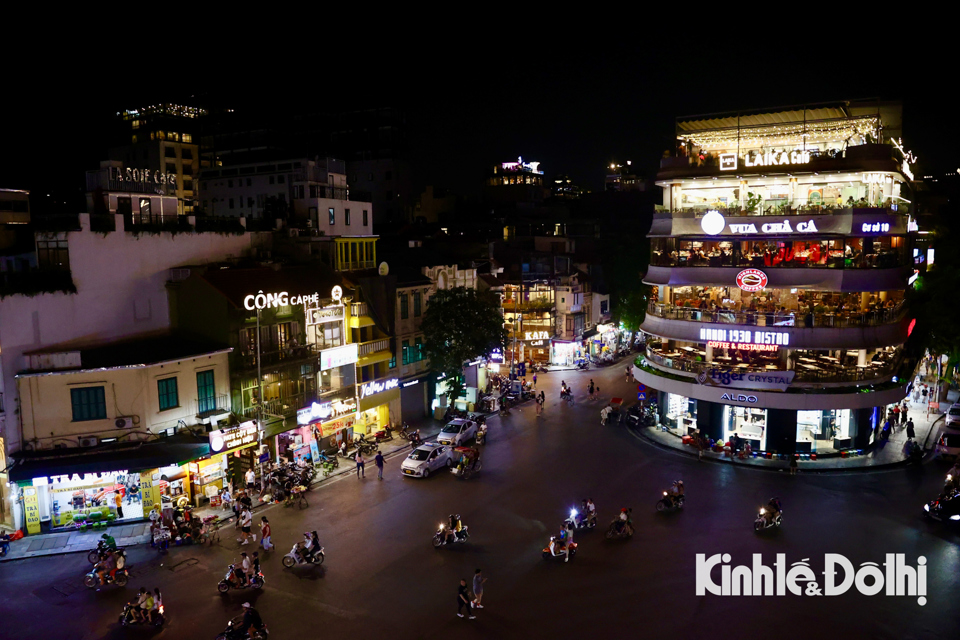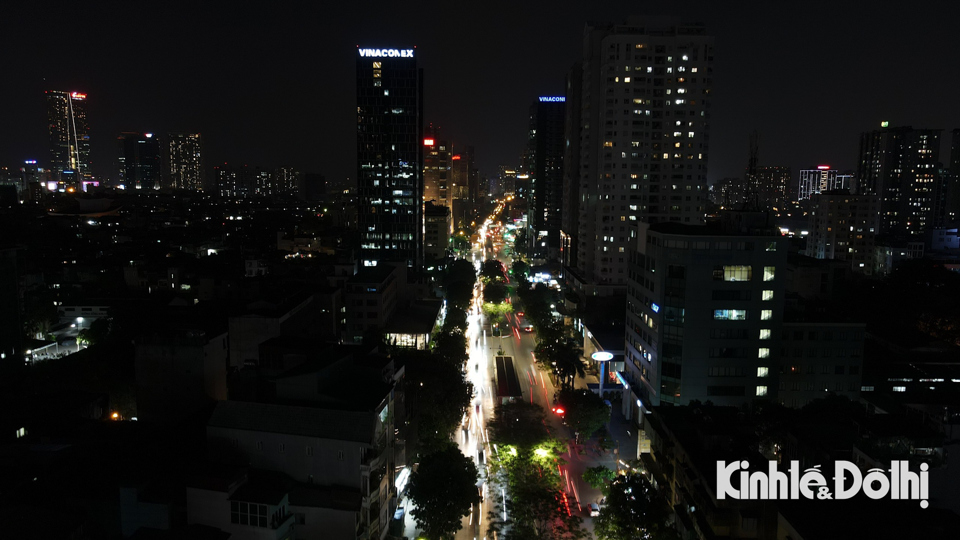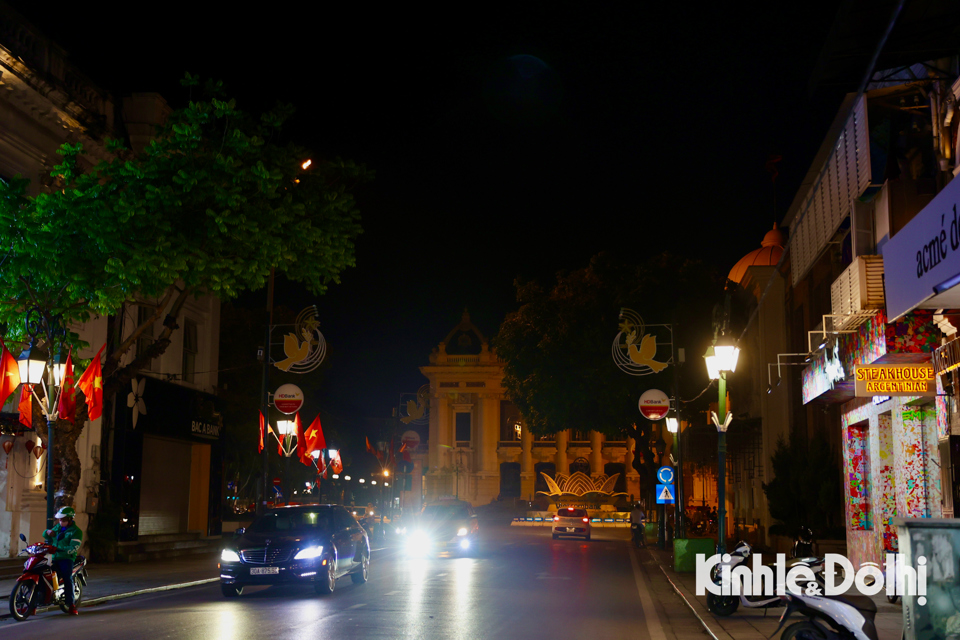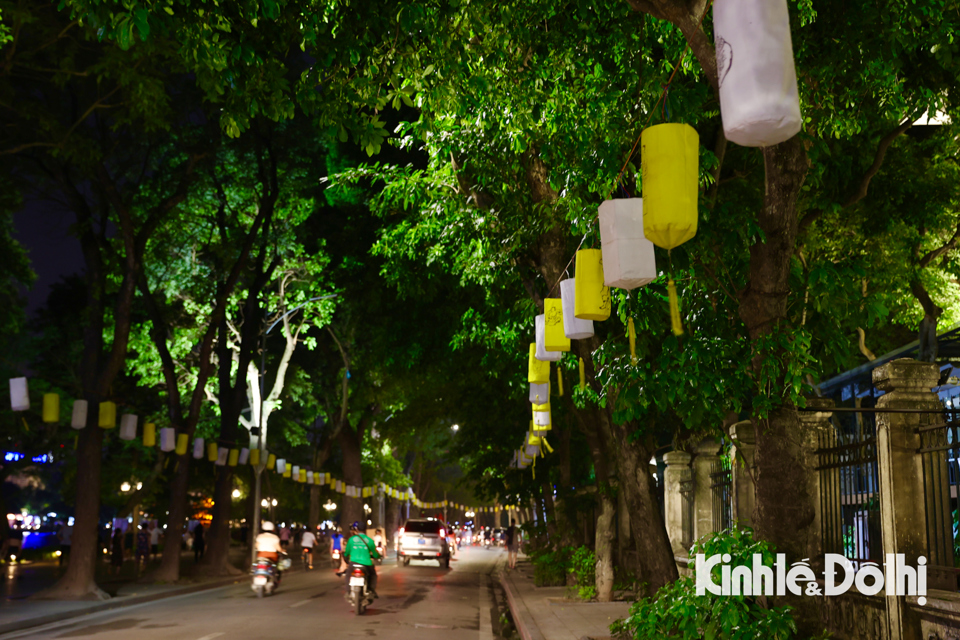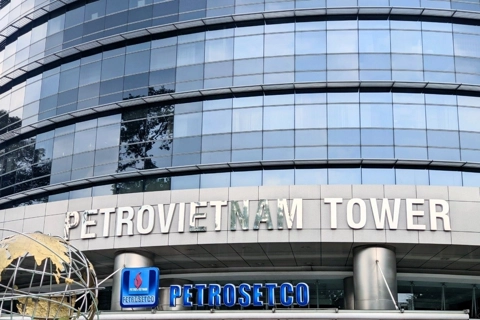Saving power to ensure energy security: Vietnam PM
By 2025, the country aims to reduce total electricity consumption by 2% and minimize grid losses to less than 6%.
Prioritizing the efficient use of electrical energy has emerged as an imperative measure to ensure national energy security in the face of the escalating challenges in power supply and the surging demand for electricity.
| Areas surrounding Hoan Kiem Lake, Hanoi. Photo: The Hanoi Times |
Prime Minister Pham Minh Chinh has issued a directive to save electricity in 2023-2025 and subsequent years.
Under the directive, households will be encouraged to use energy-labeled appliances and switch off devices when not in use. Individuals are advised to prioritize the purchase of energy-efficient appliances with appropriate labels and to minimize the use of incandescent light bulbs.
Each household is encouraged to install and use rooftop solar power systems and solar water heaters to meet local energy needs.
Nationwide, the goal is to reduce total electricity consumption by 2% per year and to minimize grid losses to less than 6% by 2025.
By 2030, 50% of office and residential buildings nationwide will have self-sustaining rooftop solar energy systems for on-site consumption. And by the end of 2025, all street lighting will switch to LED bulbs.
| Overview of Hanoi's streets at night when the city switches to the economical lighting mode. |
To achieve this goal, the Prime Minister asked government agencies to work with local power companies to formulate energy conservation plans to reduce total power consumption by 5% annually. In addition, energy conservation regulations should be established in each company and institution.
Employees working in these government agencies will be encouraged to contribute to energy conservation efforts, and this factor will be included in the criteria for evaluating task performance.
Entities responsible for public lighting, advertising, and outdoor decorations must use energy-efficient light bulbs, implement automated controls, use solar energy, and employ timed lighting strategies.
Restaurants, hotels, commercial service establishments, office complexes, and apartment buildings are encouraged to turn off or reduce the intensity of their signage lighting and outdoor decorations during evening hours. Initiatives to conserve electricity during peak Summer hours are also encouraged.
| Areas near the Hanoi Opera House. |
The Prime Minister called on commercial and service establishments to disseminate information to customers on electricity conservation practices and promote the use of local and renewable energy sources.
Meanwhile, businesses are strongly encouraged to participate in a voluntary agreement to conserve electricity and install rooftop solar power systems.
They should also be prepared with backup power options in case of power outages and limit the use of high energy-consuming equipment during peak hours. Facilities consuming one million kWh/year or more must achieve a minimum 2% annual reduction in total electricity consumption, while outdated production chains should be phased out.
The Prime Minister has instructed the Ministry of Industry and Trade to develop a program to promote the use of rooftop solar power for businesses and households.
The Electricity of Vietnam (EVN) is requested to strive for optimal operation of power plants, transmission networks, and distribution grids to maximize the efficient use of primary energy sources and minimize grid losses.
| Lighting along Hoan Kiem Street has been partially turned off, with the decorative lanterns also being switched off as part of the electricity-saving measures. |
The State-run power supply company should also effectively mobilize power capacity from hydroelectric plants and procure electricity from independent power producers, renewable energy sources, and customer backup sources.
On June 7, the Director of the Electricity Regulatory Authority under the Ministry of Industry and Trade Tran Viet Hoa provided information about the electricity situation in the North.
Hoa said there was a high risk of power shortages during most hours of the day. He attributed the blackouts to problems facing the North's two main sources of electricity, hydropower and thermal power, including the heat wave and drought, which have caused water levels in reservoirs to drop and many machines to malfunction.
To cope with the power supply challenges, EVN has been forced to cut power in the northern region.
In response to the power shortage, many streets and high-rise buildings in Hanoi have delayed turning on their lights, reducing their lighting systems by 50% to save electricity. According to the Hanoi Electricity Corporation, the average daily electricity consumption in the city in May has increased significantly by more than 22.5% compared to April. The corporation strongly advises offices, production facilities, and households to cooperate in using electricity economically and efficiently. This includes turning off unnecessary electrical equipment and minimizing the use of high-capacity equipment during peak hours, specifically from 10:00 a.m. to 2:00 p.m. and from 8:00 p.m. to 11:00 p.m. daily. . |


